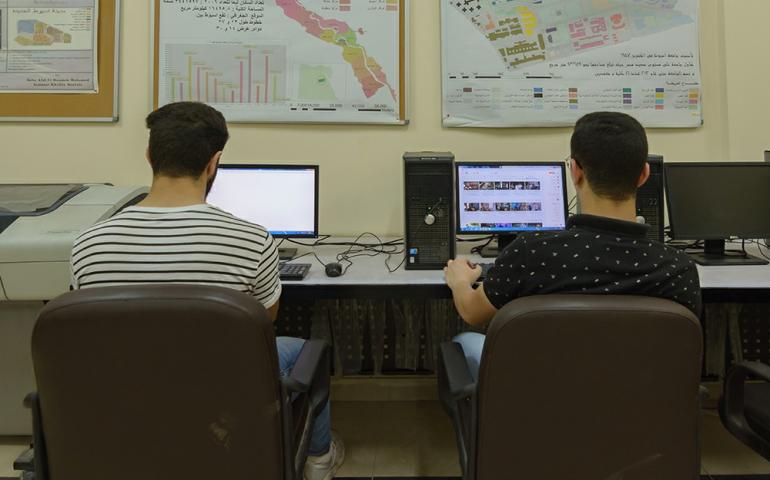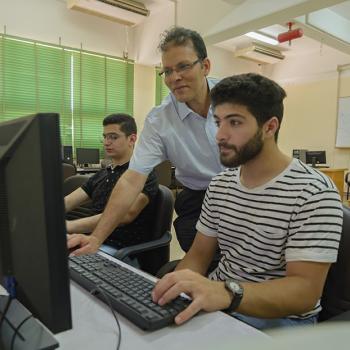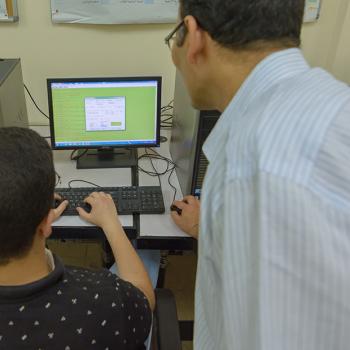
Overview
Software plays a central role in all aspects of daily life. The number, size, and application domains of computer programs have grown dramatically; as a result, hundreds of billions spent on software development, and the livelihood and lives of most people depend on the effectiveness of this development.
Objectives
The Software Engineering program includes the following scientific fields: Software Engineering-Information Engineering - Systems Quality - Knowledge Engineering - Software Design - Software Maintenance - Software Testing - Software Development Methodology - Software Security Systems.
It aims to:
- Introduce a new academic program in the college that’s needed by the labor market, especially in Upper Egypt. We develop it continuously to cope with the stakeholders.
- Prepare specialized and highly qualified cadres in the software and its various fields, including software engineering - information systems project management - software development and integration.
- Prepare graduates with high competitiveness in the local, regional, and global markets in this new specialization through: Developing the student's ability to recognize problems and comprehend the tools necessary to solve these problems.
- Understand the basics of the software development life cycle, system design and analysis, information security, data mining, and crisis management.
- Understand and apply a wide range of software engineering principles and tools, such as design methodologies and the selection of appropriate algorithms.
- Find solutions, including the use of appropriate programming languages, systems and tools, design methodologies, database systems..etc.
- Implement and design algorithms and evaluating solutions in terms of general qualities and possible trade-offs provided in a specific problem.
- Perform software system troubleshooting.
- Utilizing knowledge and understanding in modeling and designing systems and using appropriate tools and techniques to analyze, design, and build systems.
- Analyze the local and global impact of computing on individuals, organizations, and society and cooperate with distinguished universities abroad to enrich and develop the program.
- Understand the key ethical issues affecting information systems and their professional knowledge responsibilities.















